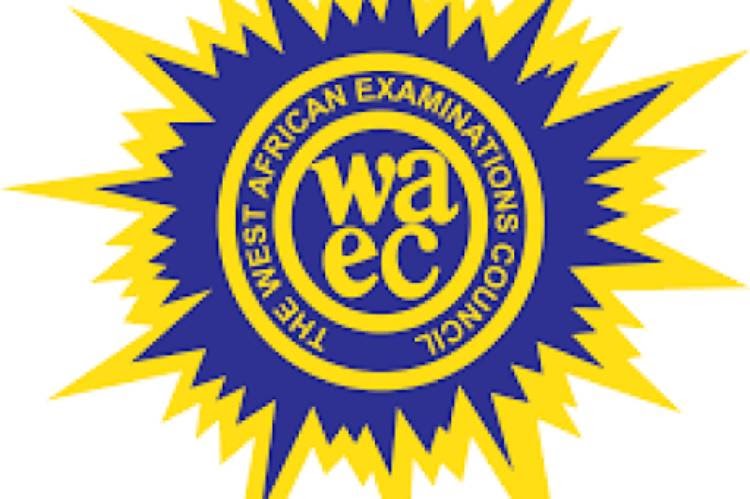By Atoyebi Nike
The House of Representatives has directed the West African Examinations Council (WAEC) to suspend its proposed introduction of computer-based testing (CBT) for the 2026 Senior Secondary School Certificate Examination, citing widespread infrastructural limitations across Nigerian secondary schools.
During a committee session on Monday in Abuja, lawmakers questioned the viability of transitioning to digital exams in a country where most public schools still lack basic computing infrastructure. Committee member Abia Nte, speaking during the questioning of WAEC Nigeria’s Head, Mr. Amos Dangut, expressed strong reservations.
“Claiming capacity to deliver CBT in 2026 is premature,” Nte said. “You don’t even have comprehensive data on secondary schools that can host such an exam. Many local government areas have no computer facilities. Before moving forward, we should have convened a national education summit to assess our preparedness.”
He further challenged the Federal Ministry of Education’s directive on the matter, stating, “Even if the minister has issued instructions, let him understand that Nigerians are not ready. The realities on the ground must guide our decisions.”
Current research indicates that significant digital gaps remain in the Nigerian education system. Of the country’s 23,550 secondary schools, many—especially in rural and public institutions—lack access to computers and consistent power supply. Data from the Universal Basic Education Commission (UBEC) reveals that 50 percent of public schools are without digital learning tools. Moreover, only 36 percent of Nigerians use the internet regularly, and over 78 percent of youths lack basic digital literacy.
Although initiatives like the Nigeria Learning Passport (NLP) aim to improve digital access in schools, experts argue that these reforms are still in early stages and not sufficient to support a nationwide CBT exam framework.
Globally, even technologically advanced nations are adopting a gradual approach. In the United Kingdom, for instance, the Assessment and Qualifications Alliance (AQA) has announced plans to begin partial digital assessments for GCSE Italian and Polish exams starting in 2026—pending approval—with a broader shift projected by 2030.
This cautious strategy abroad has prompted critics to question Nigeria’s rush into CBT. Dr. Nubi Achebo, Director of Academic Planning at the Nigerian University of Technology and Management (NUTM), acknowledged the necessity of modernizing assessments but stressed that many schools are not ready.
“WAEC and NECO are still considering partnerships with designated centres to bridge the infrastructure gap,” Achebo noted. “A phased rollout, with pilot schemes, would help identify the challenges and solutions.”
Supporting this view, Friday Erhabor, Director of Media at Marklenez Limited, praised the lawmakers’ intervention. “CBT is not a necessity at this stage. Our current examination methods are effective and allow students to demonstrate their expressive and analytical abilities,” he said. He recommended introducing new subjects like Information Technology, Entrepreneurship, and Financial Literacy at the O’Level to prepare students for a digital future.
Jessica Osuere, CEO of RubbiesHub Educational Services, echoed concerns about unequal access, particularly in underserved regions. “Without stable electricity, internet connectivity, and adequate hardware, CBT would only deepen the education divide,” she warned.
However, not all stakeholders agree. Dr. Stanley Alaubi, a senior lecturer at the University of Port Harcourt, argued that Nigeria possesses the capacity for CBT implementation, but governance challenges hinder progress.
“Nigeria is mature enough for CBT exams,” he said, “but the leadership does not empower the right professionals to implement these reforms.”
The Ministry of Education, under Minister Tunji Alausa, remains optimistic. Alausa views CBT as a strategic move to enhance examination integrity and reduce malpractice, though the National Assembly’s decision may delay those reforms.
As the debate continues, education stakeholders are calling for inclusive dialogue, data-driven policy, and infrastructure investments to ensure any future transition to digital examinations is both equitable and effective.
